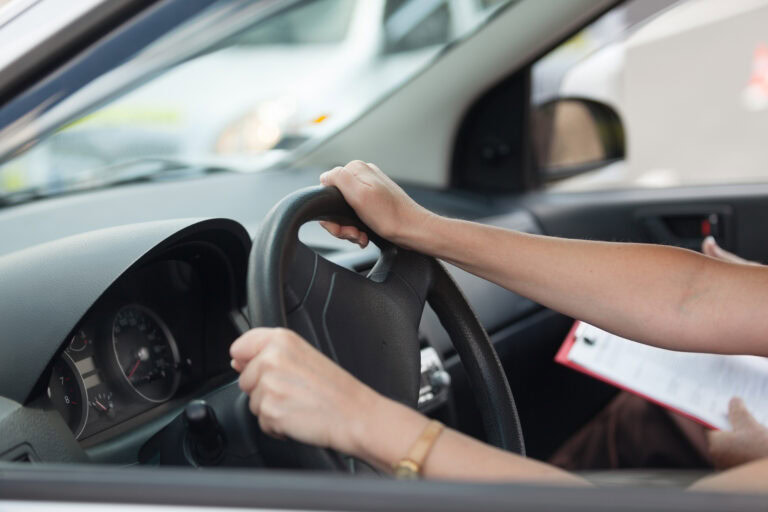Digital ‘strip-search’ of victims
Rape victims are being asked to hand over their phones in what is being described by campaign groups as ‘digital strip-searches’ of victims.
Consent forms asking for permission to access information of victims of rape including emails, messages and photographs, are being introduced across England and Wales following a number of recent collapsed rape cases which emphasised a failure in early disclosure in proceedings. Most recently, this was highlighted in the case of Liam Allan whose charge of rape was dropped after it emerged police had missed key evidence from a stash of 57,000 messages on the alleged victim’s mobile.
Victims are given a “choice” as to whether they want to give police access to their data but if they refuse permission “then it may not be possible for the investigation or prosecution to continue”. The police are also reserving the right to use any data gathered digitally in other criminal prosecutions or investigations. So any messages or data that implicate the victim or those who the victim has communicated with could be pursued and investigated. The data will also be shared with the legal team of the accused if it will assist the defence case. It is a “choice” which clearly places the victims in a more difficult position than they already find themselves in.
Campaigners on behalf of victims’ rights and civil liberties argue that having to share personal information, which could include unrelated sexual history, could stop victims coming forward; especially those in vulnerable groups such as sex workers and substance addicts.
An anonymous writer in the Guardian described this as “a gross violation of [her] human rights” and went on to say “What is on my phone is private and irrelevant to the crime that was committed. But I know that it has the potential to be used to humiliate and discredit me on the stand. It will be the digital version of the “short skirt”.
The conviction rate in rape cases is ominous and a 2018 Guardian article outlined that the number of rape cases being charged by the CPS had fallen to the lowest in a decade, despite an increase in the number of incidents reported to the police. The CPS charged 849 fewer defendants in 2017-18 than the previous year – a 23.1% fall –according to the service’s annual Violence Against Women and Girls (VAWG) report. The Office for National Statistics also reports that 83% of people suffering sexual violence do not report it.
This is a worrying statistic. As we know, victims of rape and abuse have always been reluctant to come forward; will the introduction of these consent forms hold them back even more?
Civil liberties charity ‘Big Brother Watch’ has said victims should not have to “choose between their privacy and justice”. The organisation has also said that it had seen instances of police investigating a “stranger rape” requesting years of data from victims, including access to their cloud storage and social media accounts which was deterring some victims from reporting rapes and potentially leaving dangerous offenders at large.
Given the amount of personal and often very intimate data on mobile phones, it is not surprising that many victims do not wish to be further exposed. In my view, after working with many victims of rape and sexual assault, the procedure makes an intrusive process even more intrusive and will mean fewer victims will come forward in an area where lack of reporting is already a major issue. It will be an exercise of putting the victim under investigation and will only increase the fear of vulnerability of these individuals. For many victims, the insinuation that women lie about rapes and assaults is also a deterrent in not coming forward. To know that their phone will potentially be held for several months and its entire contents screened and information possibly be passed on for scrutinisation, may be too much to endure. It could be argued that the introduction of this procedure will simply make a bad situation worse.










